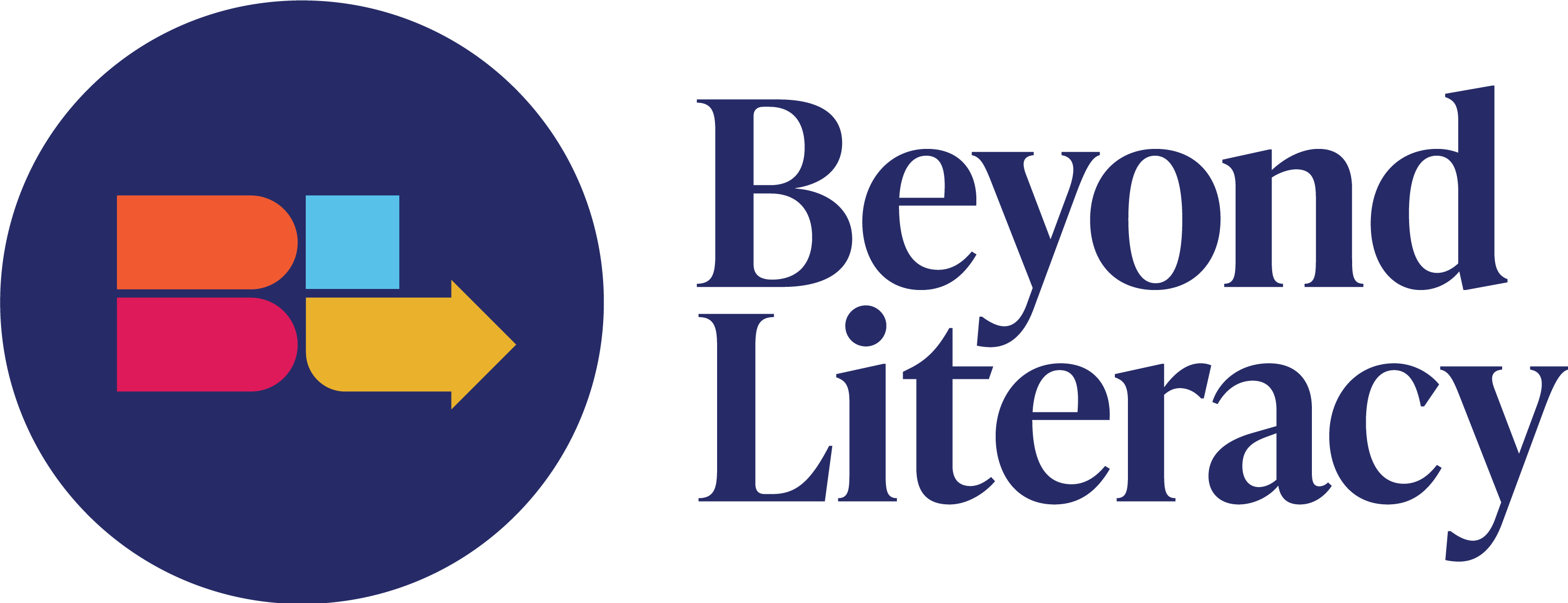Experts from Beyond Literacy, the ExCITe Center and the Office of Children and Families shared their experiences and advice on advancing digital literacy at the 2022 Technology Learning Collaborative conference.
To reach true digital equity, offering access to devices and the internet is not the only work to be done. Providers must also ensure that the people they’re serving know how to use this technology.
The 2022 Technology Learning Collaborative conference gathered experts to share what they are doing to boost digital literacy in Philadelphia. The session “Supporting Digital Access and Literacy for the Adult Learner: Experiences Providing Digital Navigation Support and Using Northstar in the Classroom” featured panelists who help community members develop basic tech skills.
That includes involvement in the digital navigator program established by the City of Philadelphia in 2020, which connects residents to individualized tech support via helpline or in-person guidance. Most commonly, panelists said, people who seek out this program need help with getting info on low-cost internet options, accessing free or affordable devices, and enrolling in digital literacy and other adult ed programs.
The panel featured:
- Alex Smith, digital literacy specialist and instructor and Kieran Farrell, student support manager and a digital navigator for Beyond Literacy
- Laura Sato, AmeriCorps VISTA for digital inclusion at Drexel University’s ExCITe Center
- Sylvia Boateng and Charles Heil from the City’s Office of Children and Families
Here are the big takeaways from their discussion:
Adult learners have a range of needs
Beyond Literacy supports adults and families as they gain literacy skills, including digital literacy workshops and a student support program for adult learners. Farrell said digital skills building has always been part of the curriculum at Beyond Literacy, but wasn’t as highly used until the pandemic forced previously IRL activities online. The nonprofit switched to online classes and provided more tech support for its students as they navigated those changes.
Beyond Literacy has since become involved in the City’s digital navigators program. Smith said the org also uses the online learning program Northstar Digital Literacy as a way to gauge what skills learners already have so it can build upon them.
“It’s a way to answer the question, ‘Do learners need support with basic digital literacy?’ And we find that also the certificates offer a lot of incentive for folks to move on to the next assessment,” Smith said.
Boateng and Heil from the Office of Children and Families said their office can cover the costs of the Northstar program subscription for local orgs. They are also able to offer advice on how to best use the program with the staff and resources a given program has, and are developing professional development workshops to implement as well.
Boateng noted that an important aspect of this work is using digital literacy skills in other adult learning classes, such as ESL or GED classes: “Getting people involved in digital literacy, even though someone might need help with a computer, that’s not always the driving force to get to a class,” she said. “It’s sometimes like, ‘I want a GED’ — ‘Oh, while you’re here, let’s also get computer help.’”
What makes a good digital navigator?
The ExCITe Center provides digital navigator help, too, acting as a digital support staff for the community and connecting Philadelphians with resources. Sato said Drexel’s digital navigators program has been operating since spring 2020, and in that time, the ExCITe Center has been able to give out over 360 computers to individuals expressing a need. It’s also trained about 20 digital navigators, most of whom are university students, she said.
“We just want people to know that there’s help out there for you. You just gotta look for it,” Sato told Technical.ly after the panel. “The digital landscape is constantly evolving. It’s very scary, but no, you’re not alone. We’re here to walk through the process of starting your journey with getting digital skills.”
A good digital navigator is someone who enjoys talking to and helping people, she said. Anyone can be trained to communicate technical information; it’s most important that the communicator is personable. Farrell said there’s also a case management component to it — that’s it’s important for digital navigators to follow up with the people they’re helping.
“A digital navigator really should be there to not just do the handoff referral, but also follow through on whether the service was received or what kind of issues might have impacted that,” Farrell said. “Maybe just a nudge, encouragement or really like problem solving if there was an issue.”
Collaboration for a shared mission
Sato told Technical.ly that Philly’s digital literacy programs are collaborative, so if one doesn’t offer what you need — ESL support, getting a GED or getting a device — it’s as simple as calling up another program and asking if they can help, “so we don’t have to reinvent the wheel.”
“There’s often shared stories or shared practices,” she said. “Having a collective is always better than being individual, I think we’ve learned especially during the pandemic. It’s always better to be collaborative.”
How do digital navigators help adult learners in Philadelphia? – Technical.ly
